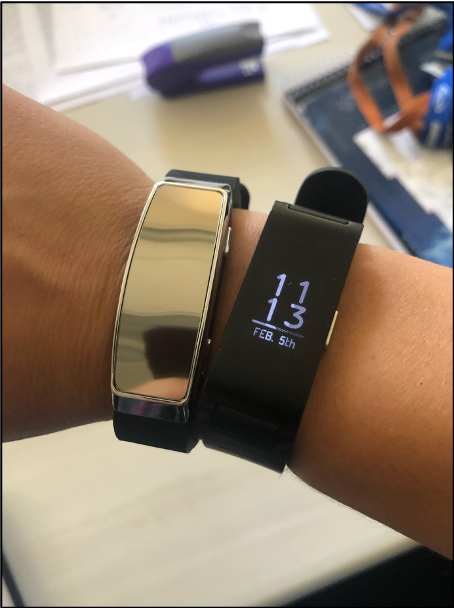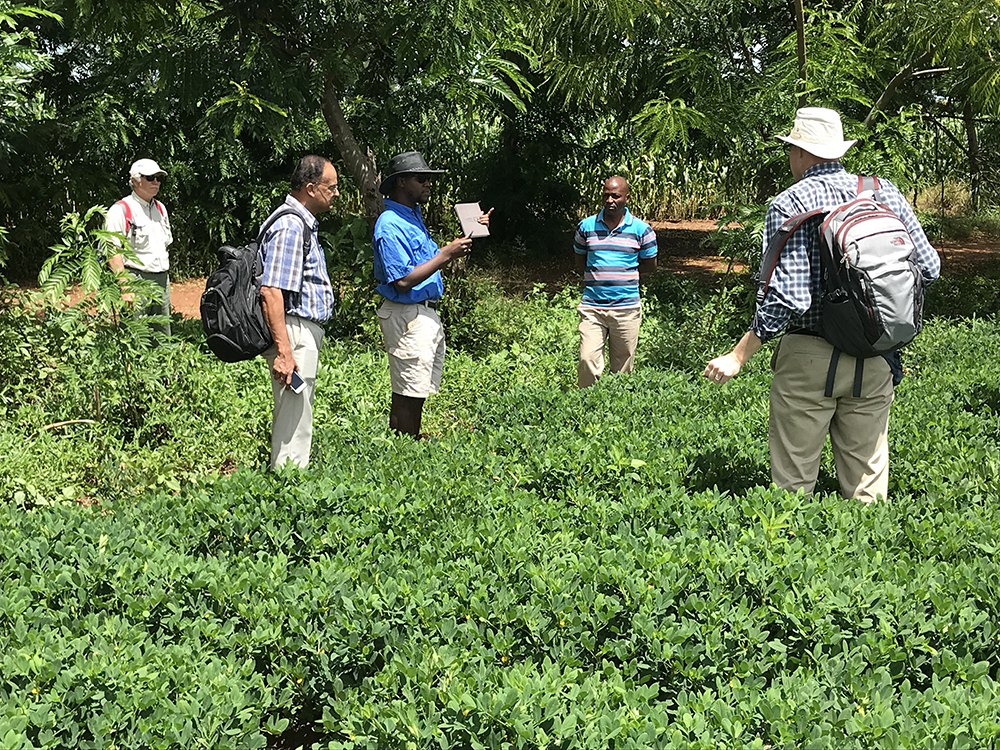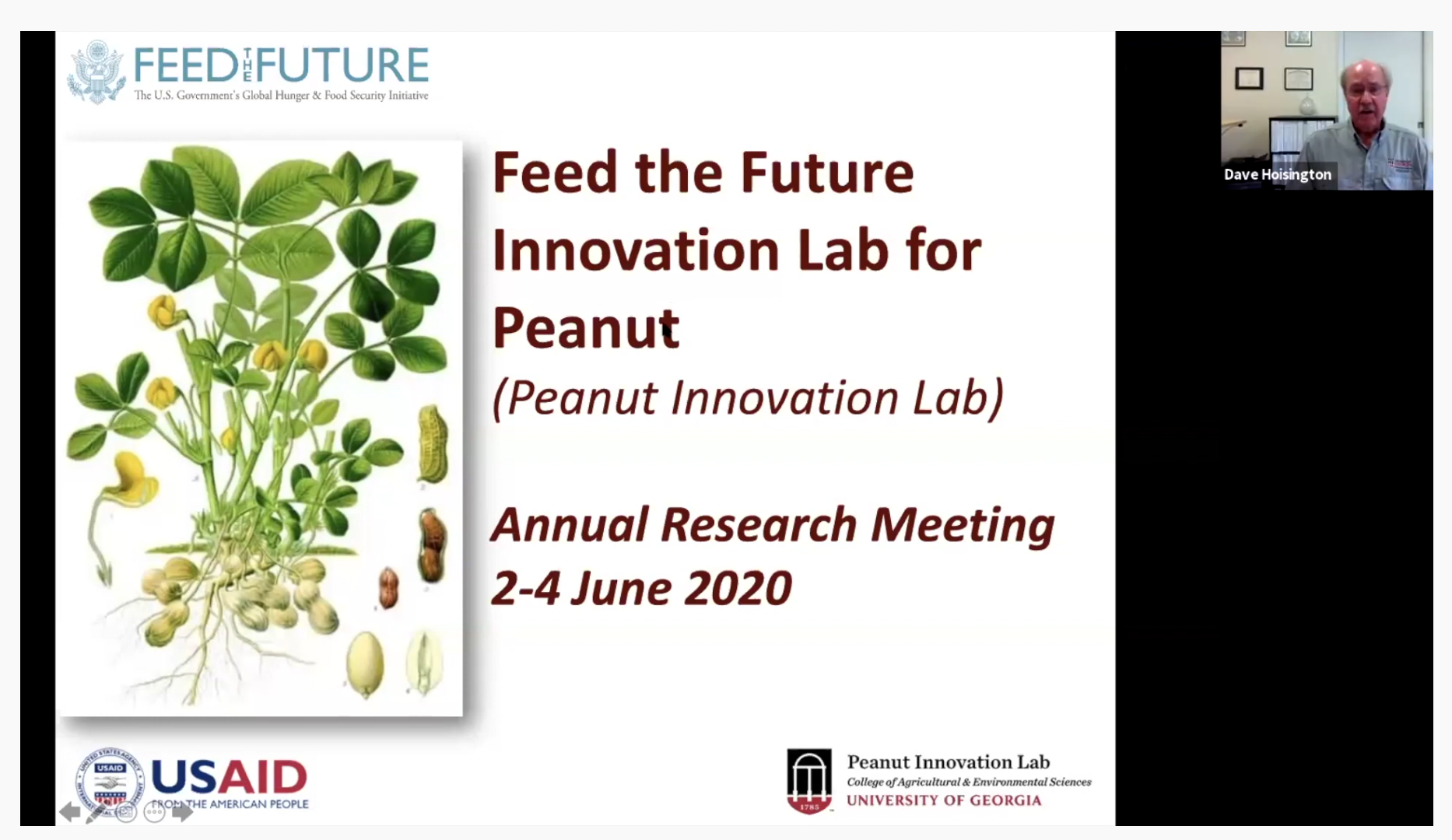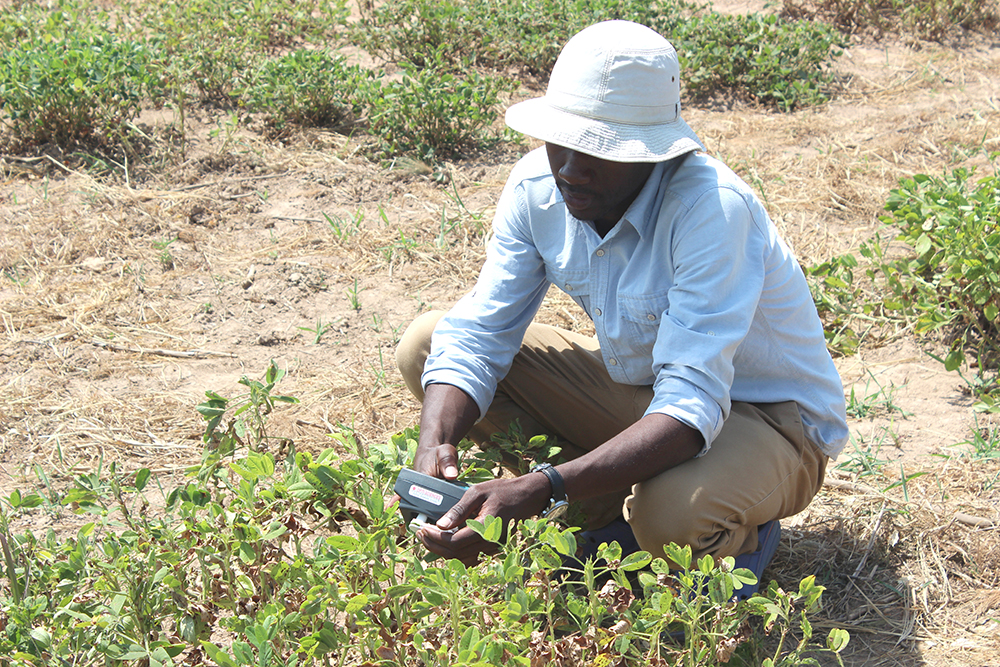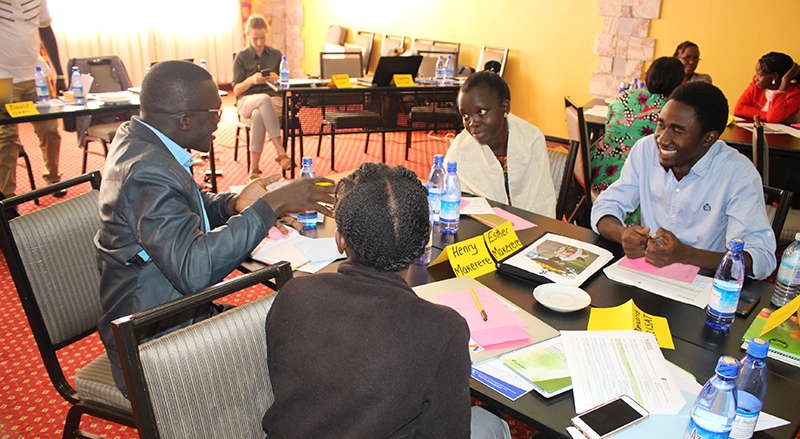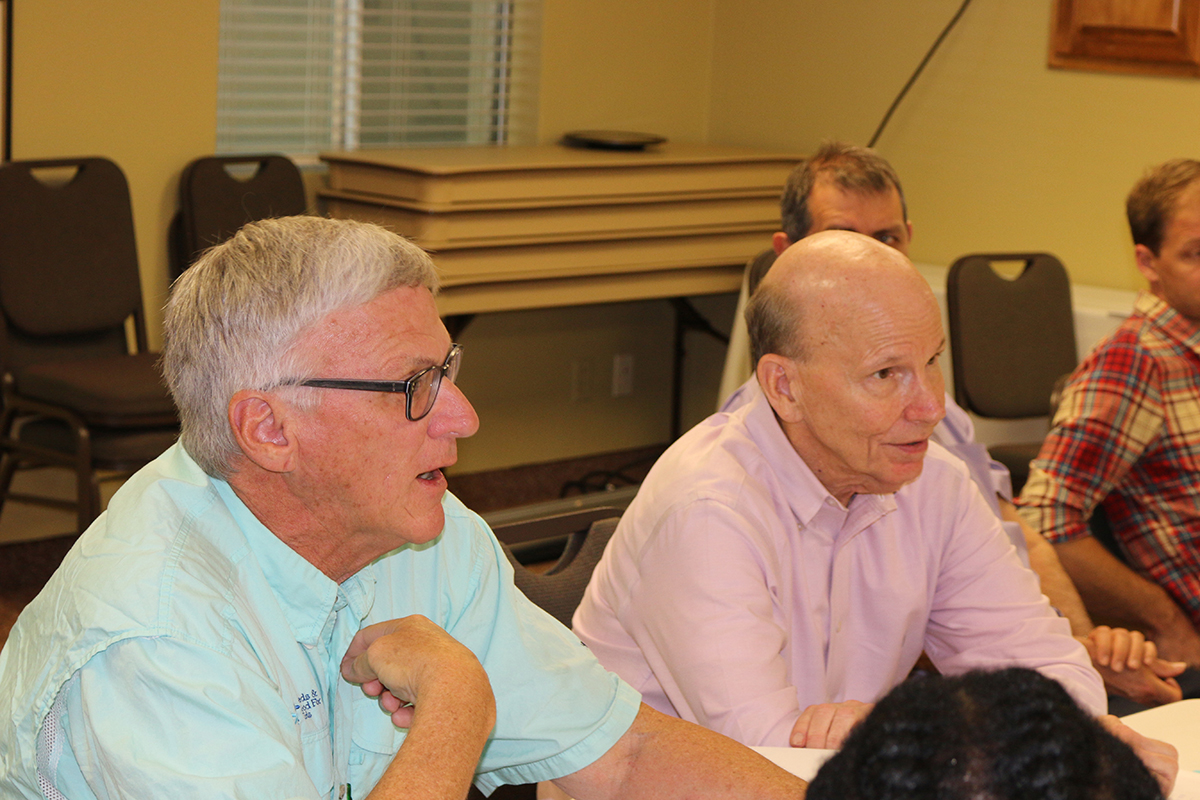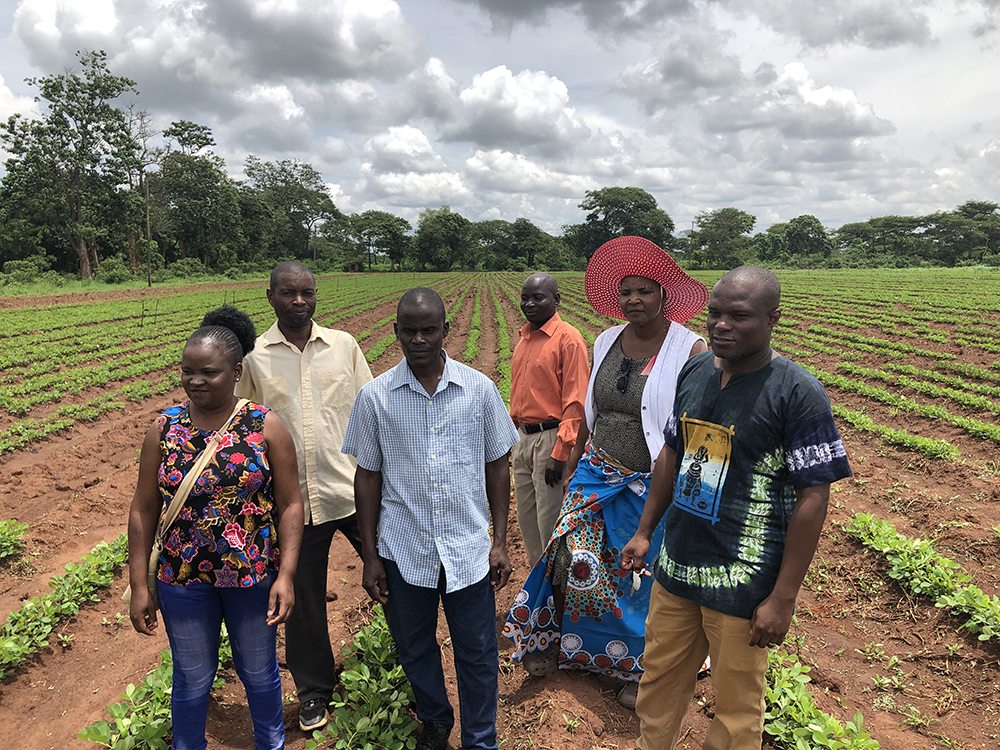 CAES News
CAES News
New peanut varieties for Malawi
Three new groundnut varieties soon will be available in Malawi after the national program released new drought-tolerant Spanish-type varieties through a regional research collaboration and with support of the Peanut Innovation Lab.


